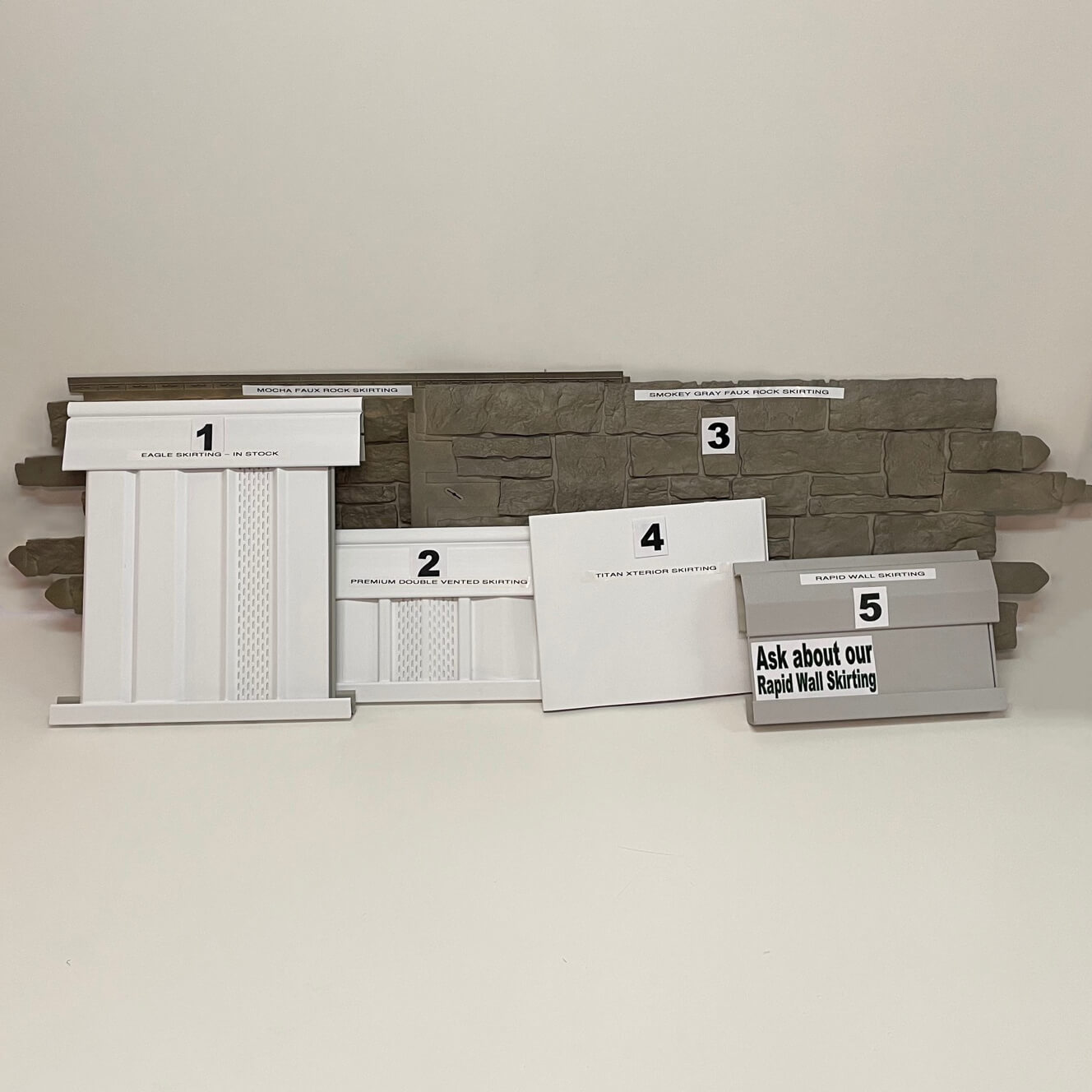Locality Inclusion Key To Affordable Manufactured Homeownership
“For both homeowners and non-homeowners alike, homeownership is strongly a part of the American Dream. For non-homeowners, roughly 75 percent reported that homeownership is part of their American Dream. For owners, nine in 10 believe it is part of their American Dream.” – National Association of Realtors “Aspiring Home Buyers Report”
That uniquely American Dream of affordable homeownership for many has become less attainable over the last few years for many hardworking low to medium income families due to the nation’s shortage of affordable housing in the traditional sense, and the continued unwarranted restrictions on the placement of manufactured housing in many localities.
The only significant form of quality affordable housing is today’s modern manufactured homes that are at least equal, and often superior, in every respect to an existing or site-built home with a cost up to 50% less. A new manufactured home “is everything a dream home should be,” safe, stable and affordable for all American demographics, especially lower and middle-income people.
ANTI DEVELOPMENT ACTIVIST UNFAIRLY INFLUENCE AFFORDABLE HOUSING IN LOCALITIES
Nearly 75% of the 22 million Americans living in manufactured homes are located in rural areas, a result of many local housing jurisdictions and policies that restrict manufactured home placement in or near metropolitan areas.
Why do localities dismiss manufactured home inclusion in their affordable housing plans? The following excerpts from an op-ed by recently in Riverside Ca. Press-Enterprise by Adam Summers, a research fellow at the Independent Institute, titled; “What do local governments need to do,” addresses the major reason affordable housing, including manufactured housing, is difficult to locate in and near urban locations.
I think most people can sympathize with those who oppose new developments to “preserve the character of the community.” After all, they got in when housing was more affordable, the land was more plentiful and there were fewer people around, and they understandably want to maintain the good deal they got.
But it is a misnomer when these anti-development activities are described as NIMBY’s (not-in-my-backyard types), for it is not just their backyards they want to control, but everyone else’s as well.
The ‘I got mine, and the heck with everyone else who may come afterward’ attitude is not only unfair, it is a violation of private property rights.
A MANUFACTURED HOME FRIENDLY ADMINISTRATION AND M.H.I. ADVOCACY SUPPORTING INITIATIVES TO ENCOURAGE LOCALITY INCLUSION OF MANUFACTURED HOUSING IN AFFORDABLE HOUSING PLANs
There is little doubt that resistance against family aspirations to partake of the American Dream of quality affordable manufactured home ownership, to be located in or near employment centers, is a major contributor to the ever-widening nation’s affordable housing crisis, due to locality discriminatory and regulatory policies. Those unfair policies may be diminished somewhat in the near future.
Thanks to a manufactured home-friendly administration with Ben Carson, Secretary of U.S.Housing and Urban Development (HUD) touting manufactured housing and the strong support and advocacy of the Manufactured Housing Institute (MHI) including language in the 2020 U.S. Senate spending bill encouraging local governments to consider manufactured housing as part of their affordable housing strategies. The language reflects MHI’s ongoing advocacy on Capitol Hill to ensure manufactured housing is at the forefront of efforts to address the nation’s affordable housing crisis. The full Senate is expected to vote on the spending within the next few days.
In the 2020 appropriation bill, HUD is directed to include language addressing a community’s housing and affordability strategy and community development plans, as required to receive funds under HUD’s formula grant programs for jurisdictions and for assessing performance and tracking results.
This language was incorporated from S.1804, bipartisan legislation introduced by Senators Cortez-Masto (D-NV), Scott (R-SC), Smith (D-MN), Cramer (R-ND), and Young (R-I), when it was introduced in June 2019. Prior to the introduction, MHI worked with the bill sponsors to ensure the bill would positively promote manufactured housing across America.










